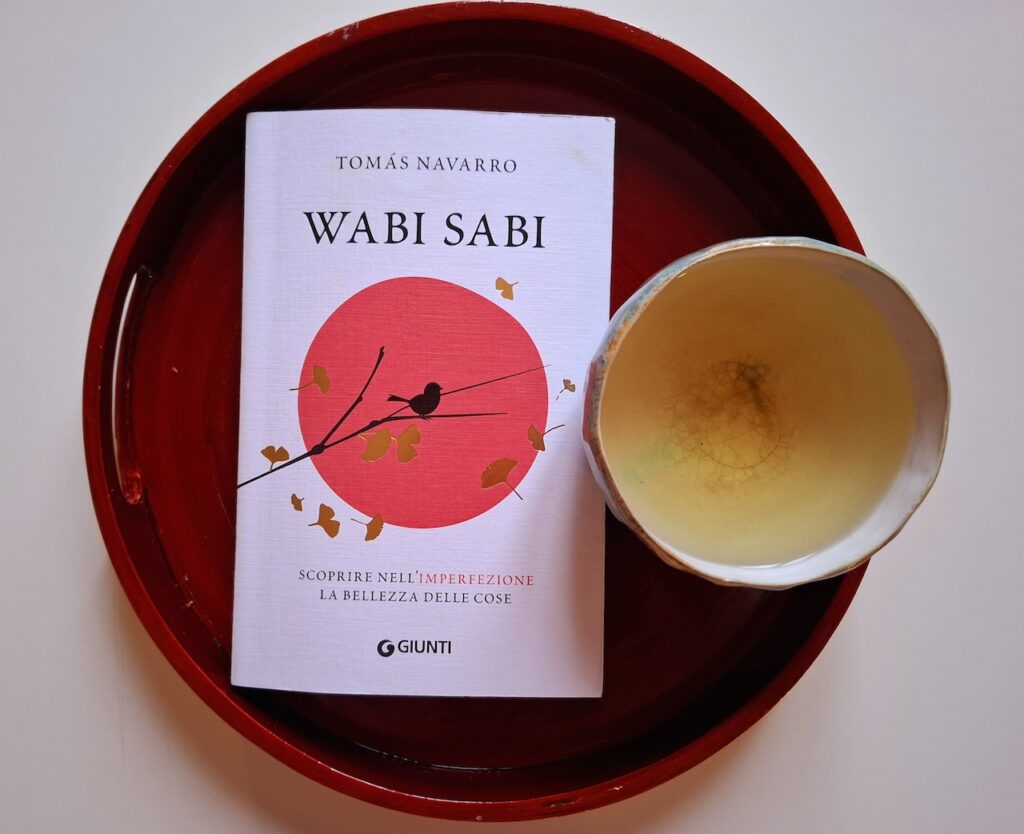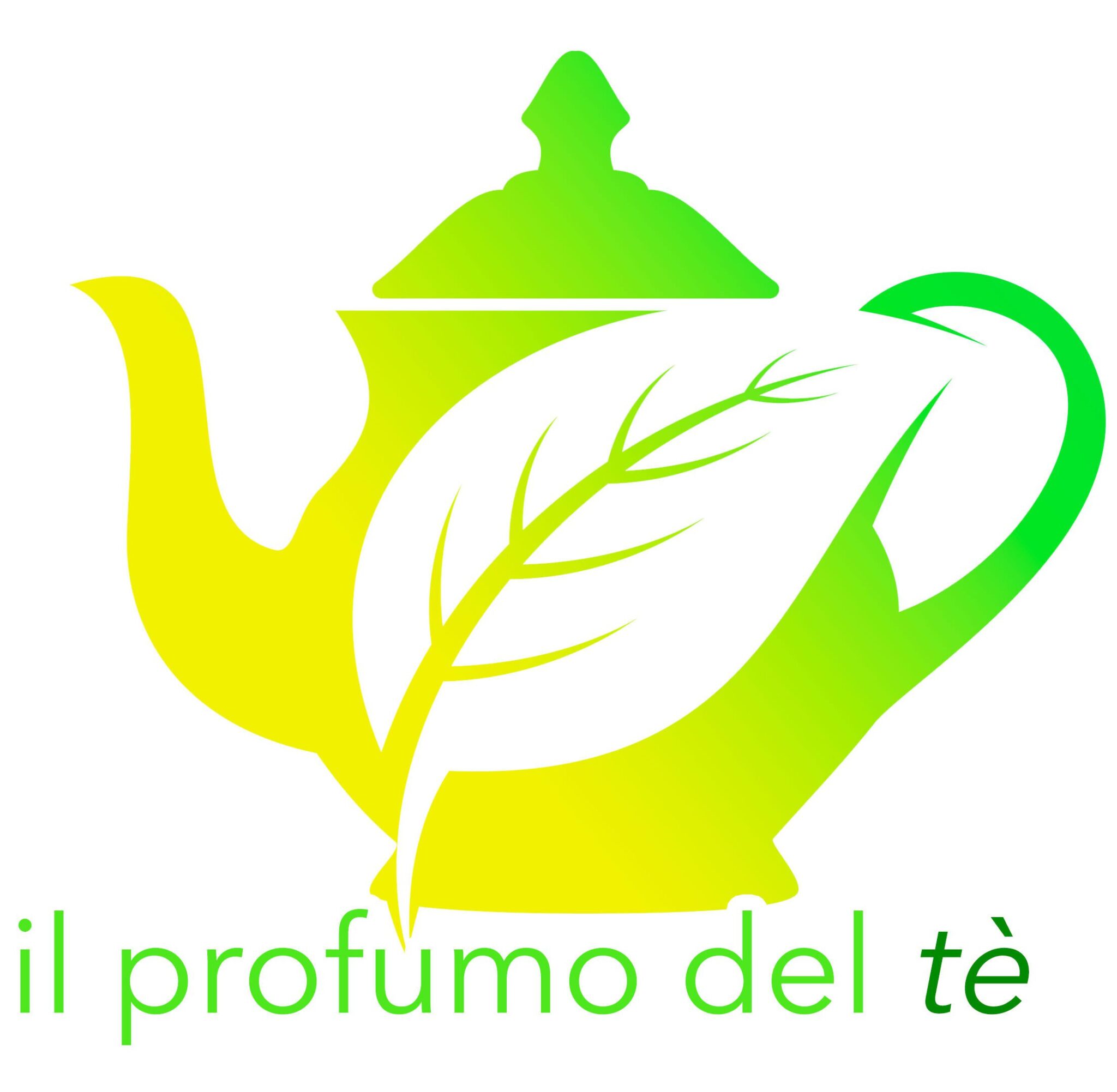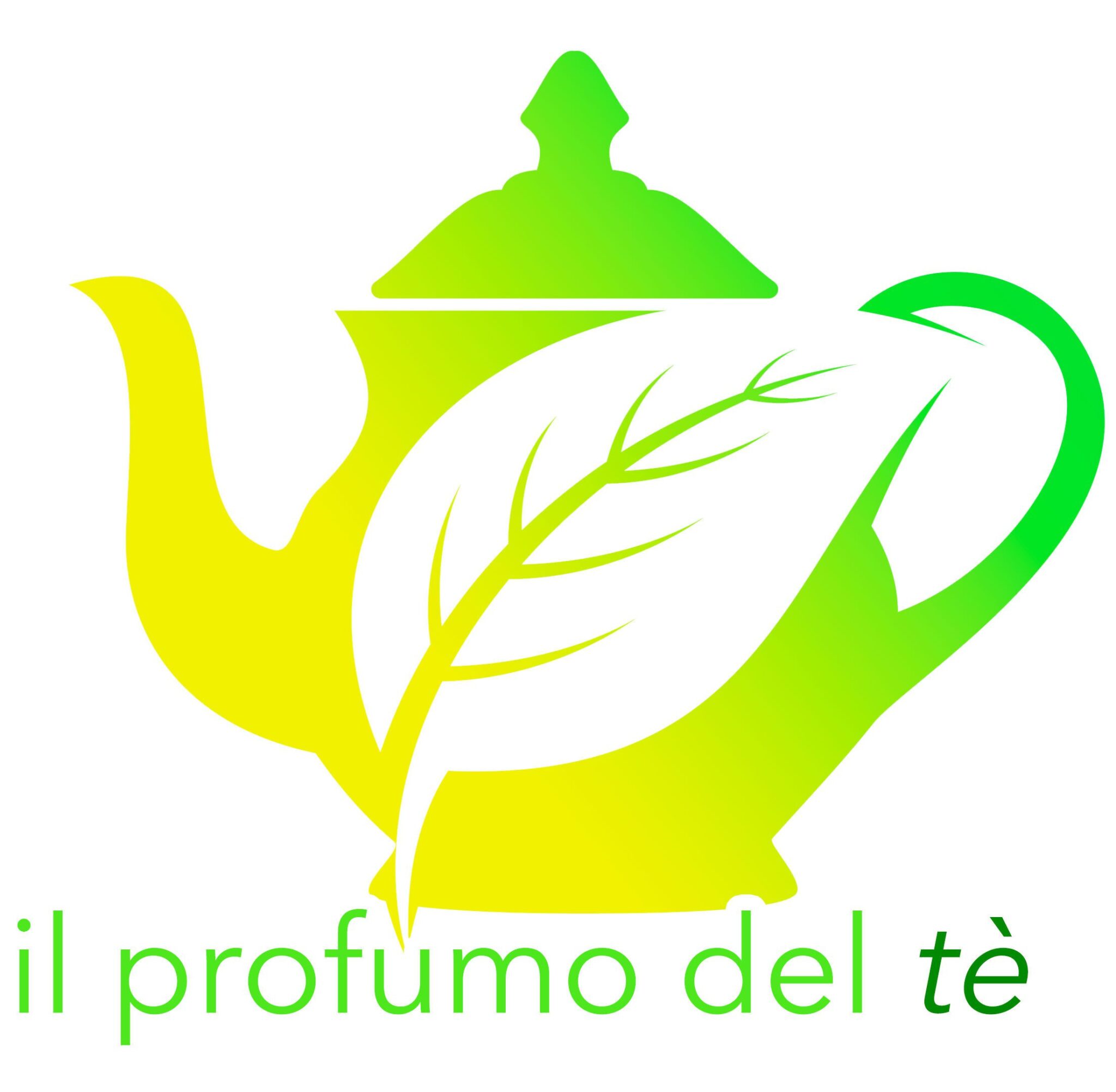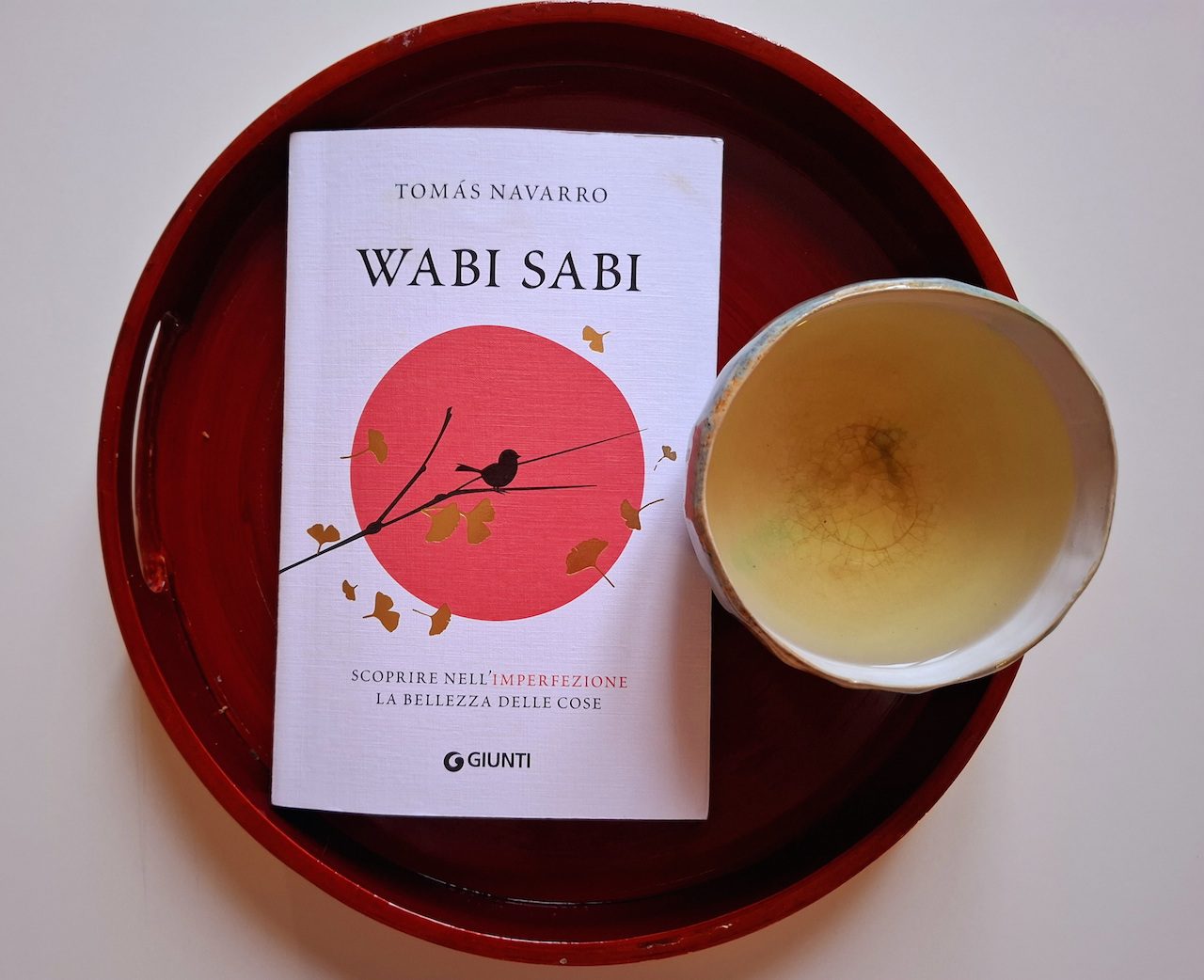In Giappone durante la cerimonia del tè giapponese vengono utilizzate delle bellissime ciotole chiamate chawan. Solitamente sono realizzate completamente a mano e sono delle vere e proprie opere d’arte, un po’ come avevamo già visto nel mio precedente articolo dedicato a Marco Borghi e all’arte della ceramica Raku.
Ho avuto la fortuna di ricevere da Marco in dono una di queste bellissime tazze di un colore azzurro madreperlaceo abbinate ai toni del beige che rispettivamente ricordano i miei elementi preferiti: acqua e terra. Il suo nome è Isotta e porta il numero 32 che in numerologia è uno dei miei numeri del destino.
La storia di Tristano e Isotta ci insegna a non cadere nella trappola della dipendenza, imparando a vedere l’altro sul piano della realtà con tutte le sue imperfezioni, amandolo da ciò che siamo e in modo incondizionato.
Utilizzo questa chawan ogni mattina per fare colazione e come mi ha consigliato Marco, ho imparato a meditare con lei, conoscendola centimetro per centimetro, in tutte le sue piccole imperfezioni che la rendono bellissima.
Leggendo un altro dei miei testi preferiti del psicoterapeuta Tomàs Navarro assieme a questa tazza ho imparato la parola Wabi Sabi, ovvero imparare ad accettare la vita per ciò che è con tutte le sue imperfezioni.
Proprio gli ultimi accadimenti mi hanno messo di fronte a questa nuova realtà, decisamente più consapevole e non più incentrata sulla ricerca dell’assoluta sicurezza, perfezione e felicità come solitamente la intendiamo, ma imparando a trovare soluzioni agendo nel presente, adattandomi a una nuova inaspettata realtà.
Se impariamo ad accettare la vita per come si presenta, riusciremo ad affrontare meglio le difficoltà, comprendendo che sono sfide ed opportunità, che ci permettono di crescere ed evolvere come persone, scoprendo dentro di noi nuove risorse che non pensavamo di avere.
Imparare ad accettare la vita come mutevole ed imperfetta, ci permette di farlo anche nella vita quotidiana con le altre persone diventando più collaborativi e reattivi nella ricerca di nuove soluzioni.
Vivere nel momento presente, godendo delle piccole cose quotidiane della vita, ci permette di amare noi stessi e aumentare la nostra autostima e ad essere più centrati quando abbiamo necessità di affrontare un problema.
Accettare la vita per quello che è assaporando momenti di silenzio, come quando degusto la mia tazza di tè, ci permette di guardare dentro noi stessi e trovare quella pace, calma e serenità che a volte cerchiamo all’esterno, mentre in realtà è già al nostro interno.
Vivere in uno stato di accettazione ci permette di vedere le cose sul piano della realtà evitando aspettative illusorie e delusioni.
Wabi Sabi significa accettare le cose per come sono, imperfette e bellissime come è la vita e come sono le tazze chawan.
E’ proprio nei momenti difficili che dobbiamo imparare a tirare fuori la nostra motivazione, la nostra forza e il nostro coraggio e continuare ad amarci nutrendo mente, corpo e anima mentre troviamo nuove alternative e ci adattiamo alla vita che muta costantemente, accettando ciò che c’è.

Wabi Sabi di Tomàs Navarro edito da Giunti 2019 affiancato alla bellissima imperfetta chawan di Marco Borghi – Photo@Veru
Wabi Sabi – life is beautiful because it is imperfect like a cup of tea

In Japan, during the Japanese tea ceremony, beautiful bowls called chawan are used. They are usually made entirely by hand and are true works of art, a bit like we had already seen in my previous article dedicated to Marco Borghi and the art of Raku ceramics.
I was lucky enough to receive from Marco as a gift one of these beautiful cups in a mother-of-pearl blue color combined with beige tones that respectively recall my favorite elements: water and earth. Her name is Isotta and she has the number 32 which in numerology is one of my destiny numbers.
The story of Tristan and Isolde teaches us not to fall into the trap of dependence, learning to see the other on the plane of reality with all its imperfections, loving him for what we are and unconditionally.
I use this chawan every morning for breakfast and as Marco advised me, I learned to meditate with her, knowing her centimeter by centimeter, in all her little imperfections that make her beautiful.
Reading another of my favorite texts by psychotherapist Tomàs Navarro along with this mug I learned the word Wabi Sabi, or learning to accept life for what it is with all its imperfections.
The latest events have put me in front of this new reality, decidedly more aware and no longer focused on the search for absolute safety, perfection and happiness as we usually understand it, but learning to find solutions by acting in the present, adapting to a new unexpected reality.
If we learn to accept life as it presents itself, we will be able to better face difficulties, understanding that they are challenges and opportunities, which allow us to grow and evolve as people, discovering new resources within ourselves that we did not think we had.
Learning to accept life as changeable and imperfect also allows us to do so in everyday life. with other people, becoming more collaborative and reactive in the search for new solutions.
Living in the present moment, enjoying the small daily things in life, allows us to love ourselves and increase our self-esteem and to be more centered when we need to face a problem.
Accepting life for what it is, savoring moments of silence, like when I taste my cup of tea, allows us to look inside ourselves and find that peace, calm and serenity that we sometimes seek outside, while in reality it is already inside us.
Living in a state of acceptance allows us to see things on the level of reality, avoiding illusory expectations and disappointments.
Wabi Sabi means accepting things as they are, imperfect and beautiful as life is and as chawan cups are.
It is precisely in difficult moments that we must learn to bring out our motivation, our strength and our courage and continue to love ourselves by nourishing our mind, body and soul while we find new alternatives and adapt to life that is constantly changing, accepting what is.



No responses yet